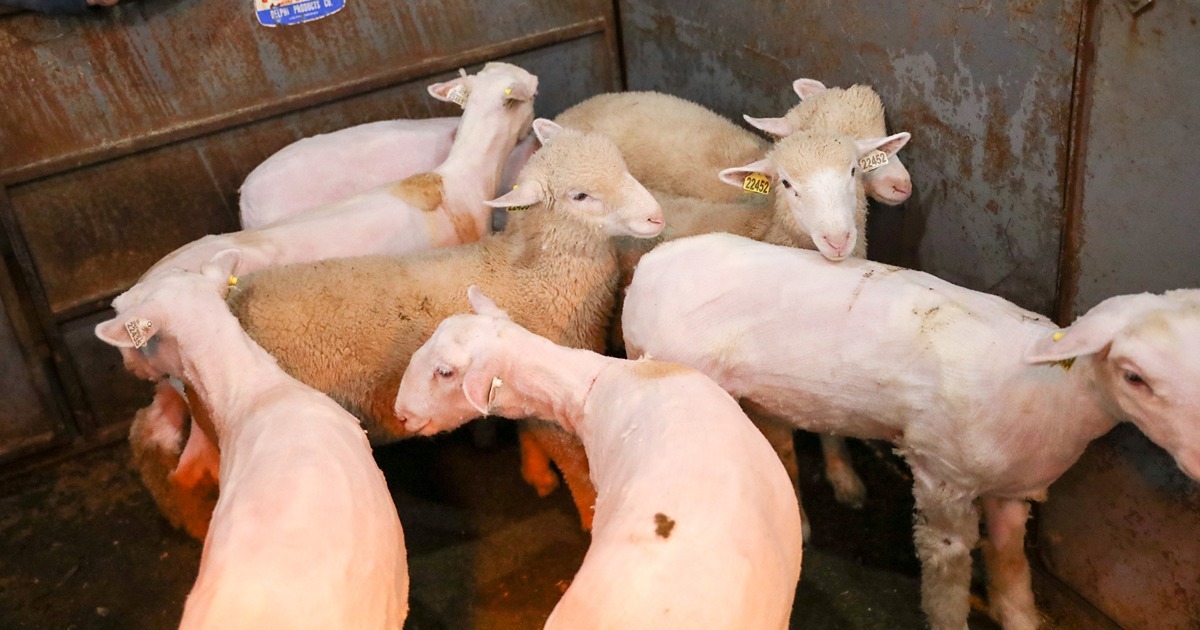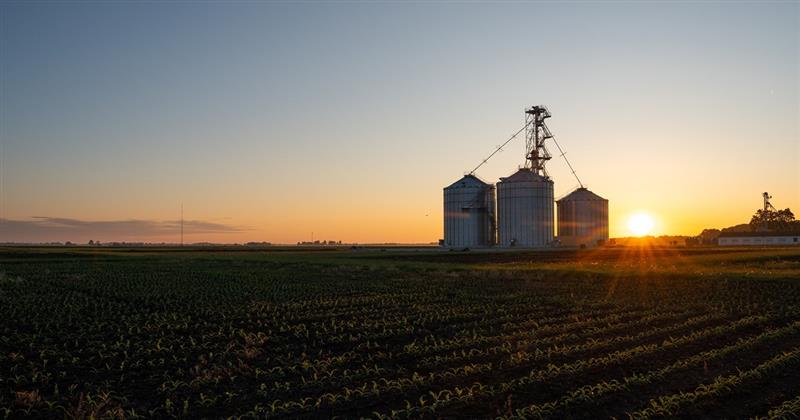New AgrAbility publication explores accessible design for farm shops
 Farm shops can be critical to the success of farms and ranches, and making these spaces accessible can benefit all workers. (Photo provided)
Farm shops can be critical to the success of farms and ranches, and making these spaces accessible can benefit all workers. (Photo provided) WEST LAFAYETTE, Ind. — The National AgrAbility Project, housed at Purdue University’s Breaking New Ground Resource Center in the Department of Agricultural and Biological Engineering, has published a guide for creating accessible farm shops.
The publication, “The Accessible Farm Shop: Usable and Efficient,” outlines how to make farm shops accessible, safe and efficient. Farm shop refers to any facility on a farm, ranch or other agricultural workplace where maintenance or service work is done. This building is critical to the success of farms and ranches.
The 20-page document covers a variety of considerations for farm shop building and design, from choosing a location to selecting flooring to organizing battery-operated tools and everything in between. Accessible farm shop design can benefit all workers and make the space usable even in circumstances like injury, illness, chronic or progressive medical conditions, or aging.
Shops are often the hub of activity on farms and ranches, serving as spaces for storage, maintenance, office work and more. To support farm operations effectively, all workers — including those with significant disabilities — must be able to access these buildings and their equipment. This publication provides practical solutions to help make that possible.
- Paul Jones, manager of the National AgrAbility Project.
The report is available at www.agrability.org/resources/technical-reports-plowshares in PDF and in screen-reader friendly HTML. Those interested in printed copies can contact the National AgrAbility Project here or call its toll-free number, 1-800-825-4264.
About AgrAbility
First authorized in the 1990 Farm Bill (with funding appropriations beginning in 1991), AgrAbility is a grant-funded program through the U.S. Department of Agriculture’s National Institute of Food and Agriculture (USDA NIFA). Each project must involve a collaboration between a land-grant university and at least one nonprofit disability services organization.
Traditionally known for helping those with physical disabilities gain access to assistive technologies, AgrAbility continues to evolve to meet the needs of underserved populations including, but not limited to, veterans and migrant/seasonal farmworkers.
Connect with AgrAbility on social media to learn the latest about assistive technologies, resources, safety tips, information and more.
Facebook: @NationalAgrAbility
X: @NatlAgrAbility
About Purdue University
Purdue University is a public research university leading with excellence at scale. Ranked among top 10 public universities in the United States, Purdue discovers, disseminates and deploys knowledge with a quality and at a scale second to none. More than 106,000 students study at Purdue across multiple campuses, locations and modalities, including more than 57,000 at our main campus in West Lafayette and Indianapolis. Committed to affordability and accessibility, Purdue’s main campus has frozen tuition 14 years in a row. See how Purdue never stops in the persistent pursuit of the next giant leap — including its integrated, comprehensive Indianapolis urban expansion; the Mitch Daniels School of Business; Purdue Computes; and the One Health initiative — at https://www.purdue.edu/president/strategic-initiatives.
Writer: Olivia De Young, odeyoung@purdue.edu
Media contact: Devyn Ashlea Raver, draver@purdue.edu
Sources: Paul Jones, jonesp@purdue.edu
Agricultural Communications: Maureen Manier, mmanier@purdue.edu, 765-494-8415




